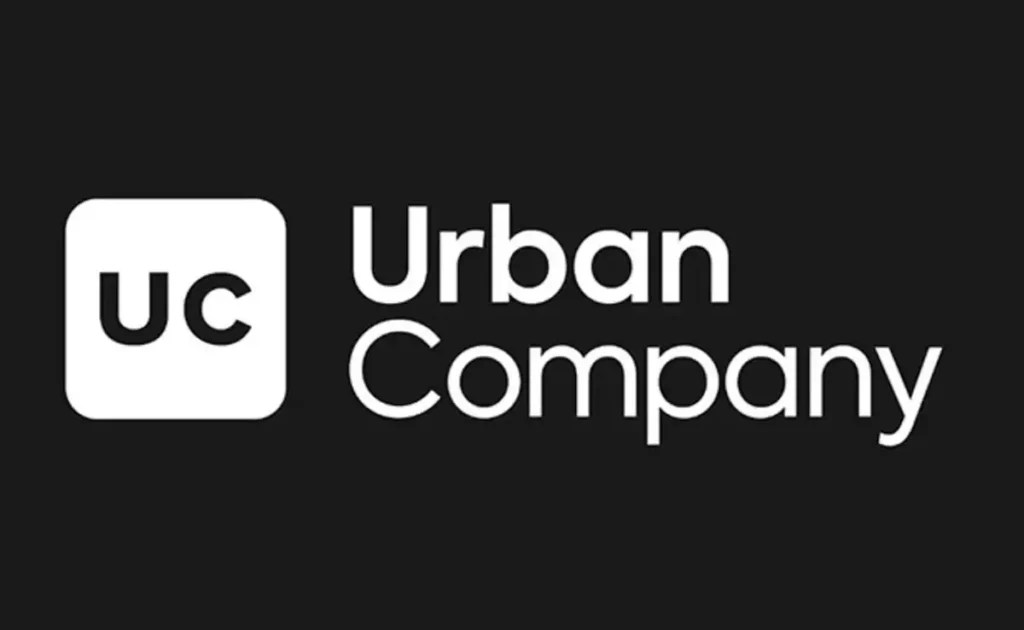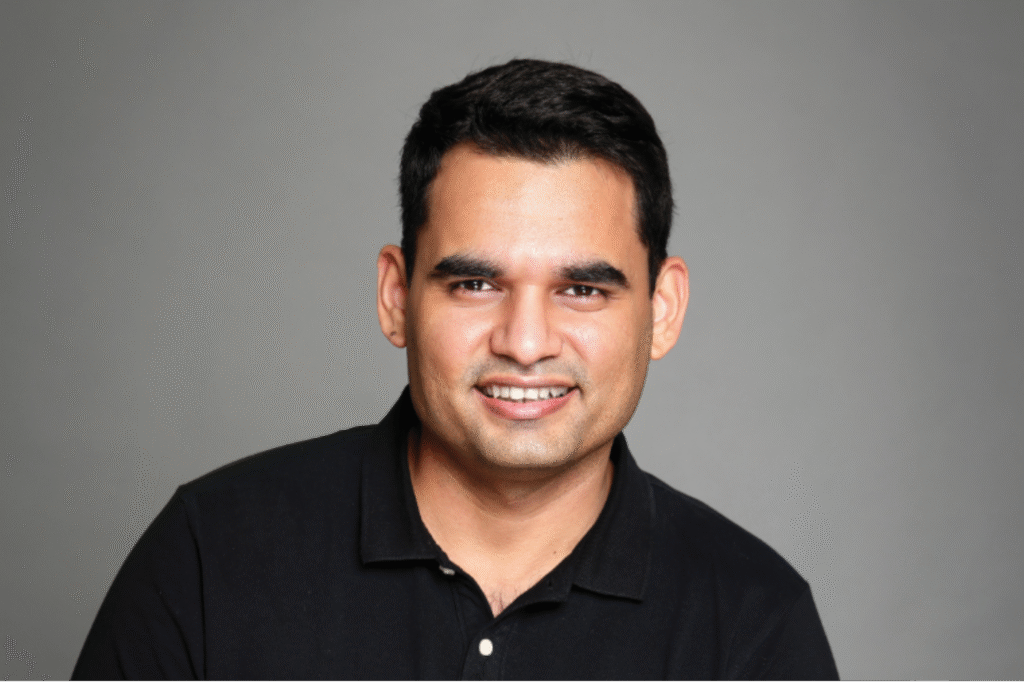In fast-paced, modern metropolises like India and around the world, where everyday life is increasingly expensive, time-consuming, and frustrating, Abhiraj Bhal remains one of the integral masterminds who changed the paradigm of home services forever. As co-founder and CEO of Urban Company (formerly UrbanClap), Bhal led a series of changes, converting an infamous, decentralized, and unverified industry into a technology-powered, trust-based marketplace. His story is about attracting massive capital and talent to create a powerful entrepreneurial ecosystem that seeks to elevate the dignity of labor to over 34 million service professionals.
By 2025, Urban Company has become a household name across India for on-demand services at home and personal care, and achieving a large global presence. It’s an ode to Bhal’s strategic vision, his meticulous focus on quality and safety, and his unique ability to connect a fast-changing urban consumer class in search of reliable, on-demand services with its deeply fragmented, vast human capital-based but often disorganized labor pool.

The Formative Years & Early Impulses: A Problem-Solving Genesis
The analytical rigor, business acumen, and deep understanding of operational complexities that Abhiraj Bhal gained from his formative experiences gave him a special advantage. As an alumnus of the elite Indian Institute of Technology (IIT) Kanpur, considered one of the country’s Centers of Excellence, where he received his degree in Mechanical Engineering, Bhal developed his creativity, problem-solving skills, and analytical thinking. This was followed by an MBA from IIM Ahmedabad, one of India’s reputed business schools, which honed his strategic mindset further and provided exposure to the dynamics of the Indian economy and new-age business models.
After getting his MBA, Bhal joined the management consulting firm The Boston Consulting Group (BCG) in Singapore. For more than the last three years, he counseled Fortune 500 companies from a variety of industries in India, Germany, and Southeast Asia. This experience would be critical. It gave him an insider’s perspective of large-scale operations, supply chain efficiencies, and strategic drivers of growth. He knew that he was being called to build something of his own, to directly solve this real-world problem.
The impetus for what would become Urban Company came from this personal pain point and a realization with his co-founders, Varun Khaitan (an IIT Kanpur batchmate and fellow BCG alumnus), and Raghav Chandra (a computer science graduate from UC Berkeley who had worked at Twitter). In the process, they identified a universal pain point in urban Indian life – the impossibility, the hassle, the trust deficit of finding vetted service professionals – whether it’s a plumber, an electrician, a beautician, a cleaner, etc. The market was extremely fragmented, opaque in its pricing, and lacked any form of standardization. This “unsexy” but important category was a huge, unexplored opportunity.
Even before Urban Company, the trio had even tried their hands at other businesses. Bhal and Khaitan briefly started up “Cinema Box,” an in-airport movie streaming service that travelers could pick and choose from, which didn’t really take off. A smart city demo, named with all the right buzzwords Raghav Chandra was no ordinary bureaucrat—he had started his own auto-rickshaw aggregator startup. While these early attempts weren’t particularly successful, they helped hone their entrepreneurial senses and taught them the fineries of tech-enabled marketplaces. All of this made them understand how card and home delivery disrupted the product purchase market, there was definitely scope to disrupt the local services market as well, which was their collective ‘aha!’ moment, resulting in the inception of UrbanClap (as it was known then) in 2014 from Gurugram.
Sharing the Lessons Building the Trust Layer from Marketplace to Full-Stack Model
UrbanClap started out on a pretty basic marketplace version, wanting to match consumers with service professionals on the local level. Bhal and his co-founders soon realized that just making a connection wouldn’t cut it. The built-in trust deficit, quality inconsistency, and opaque pricing of the unorganized sector meant that a simple discovery platform alone wouldn’t win repeat business or foster any real customer loyalty. This understanding prompted one of Urban Company’s most important strategic shifts, their transition from a pure marketplace to a full-stack model.
This involved exerting much more of an iron grip down the entire chain of service delivery. Urban Company started to make big bucks in:
Having background-checked, skill-assessed, and continually trained staff was suddenly not optional. To build the capacity of their partners, they established their own trade-specific training academies, committing upwards of ₹250 crore (as of FY24) to skill development initiatives for their dealerships and workshops. This provided the opportunity to standardize best practices in service level, personal courtesy, and public health.
They brought clear, simple pricing with defined service packages that removed the guesswork and negotiating that usually comes with in-home service pros.
Quality Control & Feedback Loops: A robust rating and review system, coupled with continuous monitoring and customer support, ensured accountability and ongoing improvement from service professionals.
2 Technology-Driven Efficiency The platform used AI and advanced data analytics to improve demand forecasting, dynamically optimize pricing, and intelligently assign service partners by skill, availability, and distance.
This dedication to quality and standardization, which Bhal described as “our product isn’t just the app—it’s the professional showing up at your door,” became a turning point. Yet, it created this trust, the most important factor that was the missing piece of the highly fragmented home services industry. The first service categories were beauty and wellness, appliance repairs, and domestic cleaning, conveniently and systematically tackling everyday household priorities.
Scaling, Brand Evolution, & International Forays
While UrbanClap started making waves, the success allowed them to quickly scale their presence across all major Indian cities. The sudden move to smartphone penetration and cheaper data across India created the absolute ideal tailwind for its app-based model. Policy changes or marketing approaches that emphasized convenience, reliability, and the professionalism and practices of their partners.
Perhaps the biggest sign of this tectonic shift occurred in January 2020 when UrbanClap changed its name and logo, positioning itself as Urban Company. Behind this tactical change was Yonder’s ambition for a more worldwide and holistic brand image, leaving behind the “Clap” which carried unfavorable meanings in certain global markets. The new name more accurately represented their growing portfolio of work and their long-term desire to be seen as a holistic “company” for living-in-the-city needs.

After rebranding, Urban Company fast-tracked its global ambitions. Understanding the same market inefficiencies and patterns of demand, they expanded to the UAE, Singapore, Australia, and eventually the United States (New York City, Dallas, Austin), then Saudi Arabia. This global push has posed some very unique operational and financial challenges, resulting in a shift in strategy towards entering partnerships (as with noon in UAE and Saudi Manpower Solutions in Saudi Arabia) and a re-calibration of their independent global growth strategy, even resulting in exits from markets such as Australia and the US. This sort of pragmatism in bending to the realities of the market is a further testament to Bhal’s nimble leadership.
The rapid growth of Urban Company has been powered by expensive funding rounds, tapping top corporate investors such as Tiger Global, Prosus Ventures, Dragoneer, Wellington Management, and Steadview Capital. When Urban Company reached unicorn status in 2021, valued at more than $2.1 billion, that marked not only its market dominance but the success of the disruptive model it created.
Driving Social Impact
Beyond revenue and market share, one of the core tenets of Abhiraj Bhal’s vision has been the empowerment of service professionals. Urban Company’s operator-centric model seeks to raise the gig economy by offering:
Continuous training programs, frequently held within their own in-house academies, keep industry professionals on their toes, improving their skill sets and keeping them abreast of ever-evolving techniques and products.
Increased Earnings & Financial Security: Through a consistent and predictable supply of quality-checked jobs, coupled with upfront sharing of earnings potential per job type, Urban Company allows its partners to make much higher earnings than in the typical unorganized sector. In addition to these, they provide further services such as health insurance, micro-loans, and savings accounts.
Respect Chhota Kaam, Chhoti Soch (Small Work, Small Mindset) campaigns focused on societal biases to drive respect for blue-collar industries and workers, encouraging a change in thinking to create mutual respect across all professions.
8 Entrepreneurial Spirit Countless service partners have, with the platform’s support and training, become micro-entrepreneurs who now set their own hours and build their own client bases.
We understand that this commitment to the welfare of their partners is integral to nurturing a loyal, quality supply side, which forms the bedrock of their service delivery.
The Shark Tank Effect and Looking Ahead
Abhiraj Bhal’s meteoric rise to national prominence was further cemented by his role as a “Shark” (investor) on Shark Tank India. His no-nonsense approach, piercing interrogation style, and concentration on essential business tenets such as unit economics and the need for profit struck a chord among viewers and fledgling entrepreneurs alike. He leveraged the platform beyond just making investments. He used it to educate the ecosystem on how to build a sustainable, scalable, honest-to-goodness business in India and repeatedly drove the message home about the need to really understand customer problems and build trust. This massive exposure helped to massively increase Urban Company’s brand visibility and further established Bhal’s reputation as a thought leader in the rapidly changing startup ecosystem.
Urban Company’s strategic aims seem to be in three areas:
Making Sustained Profitability a Reality The company has for several quarters been laser-focused on turning losses into profits, with a return to profit before tax recorded in Q1 FY25, marking the transition from a period of rapid, aggressive expansion to one of much more considered and sustainable growth.
Moving into D2C appliance categories, such as their ‘Native’ intelligent RO water purifiers range, to use their deep consumer data and development and service infrastructure.
Smart Growth Technology Advancement Building on AI’s promise for predictive analytics, hyper-personalization, operational efficiencies, and beyond.
Profitable, sustainable growth primarily in a few important international markets, maybe via alliances instead of going it alone.
Strengthening Partner Ecosystem to Humanize Mobility To achieve this goal of humanizing our mobility, we’re committed to enhancing our partner ecosystem. Ongoing investment in partner training, welfare, and engagement to keep the service quality high and the loyalty even higher.
Challenges persist, such as addressing partner complaints, dealing with different local labor laws, and competition from incumbent and new-age providers. The depth of Urban Company’s model, its tech-savviness, and its relentless obsession with trust and quality leaves them poised to stay at the top.
Also check:- Peyush Bansal’s Journey of Disrupting Eyewear with Lenskart
A Lasting Legacy of Convenient Organization
Abhiraj Bhal’s journey with Urban Company is one of those entrepreneurial success stories where vision meets a pressing societal need. He didn’t just launch a new app, he led a disruptive transformation in the way urban residents obtain critical services while professionalizing millions in an extremely fractured global workforce. By intentionally creating the central problem of trust and convenience, Urban Company has established itself as a high-flying unicorn in economic empowerment and quality of life.
Yet his legacy will be ultimately about not just building a hugely successful technology enterprise that combines technology artistry with a human touch, but rather building the ecosystem that benefits consumers with reliable, efficient services and human services pros with dignity, training, and better livelihoods. For all of the above reasons, it is true that Abhiraj Bhal has built a company that feels profoundly in touch with, and attuned to, the rich complexity of urban life.

